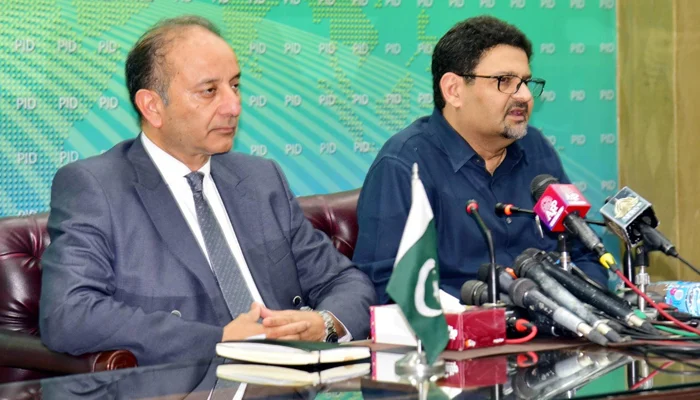Business
Was not supposed to announce petrol price hike on TV, Miftah Ismail says
-

 Latest News3 days ago
Latest News3 days agoPakistan Achieves Macroeconomic Stability: Finance Minister Aurangzeb Highlights Government Success
-

 Latest News3 days ago
Latest News3 days agoFour Pakistanis were saved from people smugglers by the Pakistan Embassy in Iran.
-

 Latest News3 days ago
Latest News3 days agoAddressing a seminar, the finance minister said that Pakistan is making progress.
-

 Latest News3 days ago
Latest News3 days agoPM Meets Chief Justice: Talks About Missing Persons, Pending Tax Disputes, and Judicial Reforms
-

 Latest News3 days ago
Latest News3 days agoFederal Tax Ombudsman’s Seminar in Quetta: Jafar Khan Must Respect Taxpayers and Address Their Complaints
-

 Latest News3 days ago
Latest News3 days agoURAAN Pakistan Promotes Equality to Encourage Inclusion ETHICS: PM
-

 Latest News3 days ago
Latest News3 days agoAt the ceremony, the minister speaks on URAAN Pakistan’s commitment to sustainable national development. Ahsan
-

 Latest News3 days ago
Latest News3 days agoPunjab chooses to implement development initiatives in important cities.


























